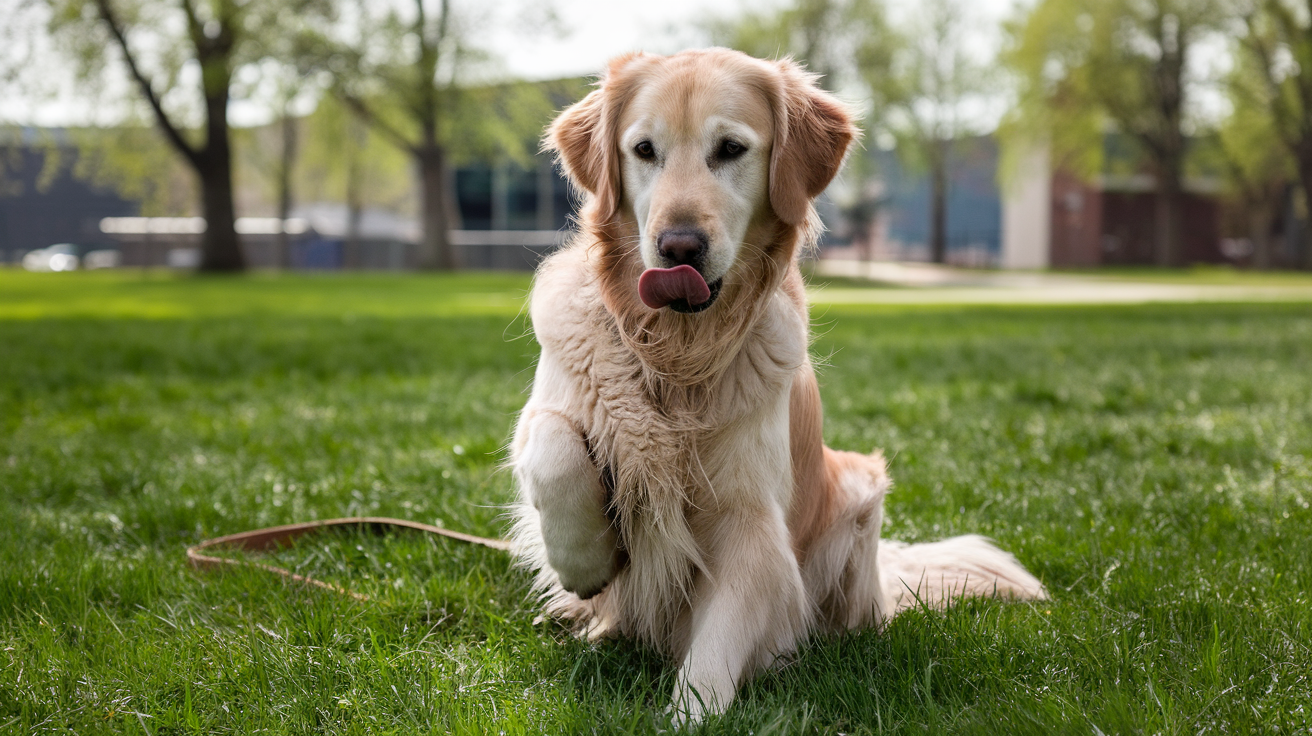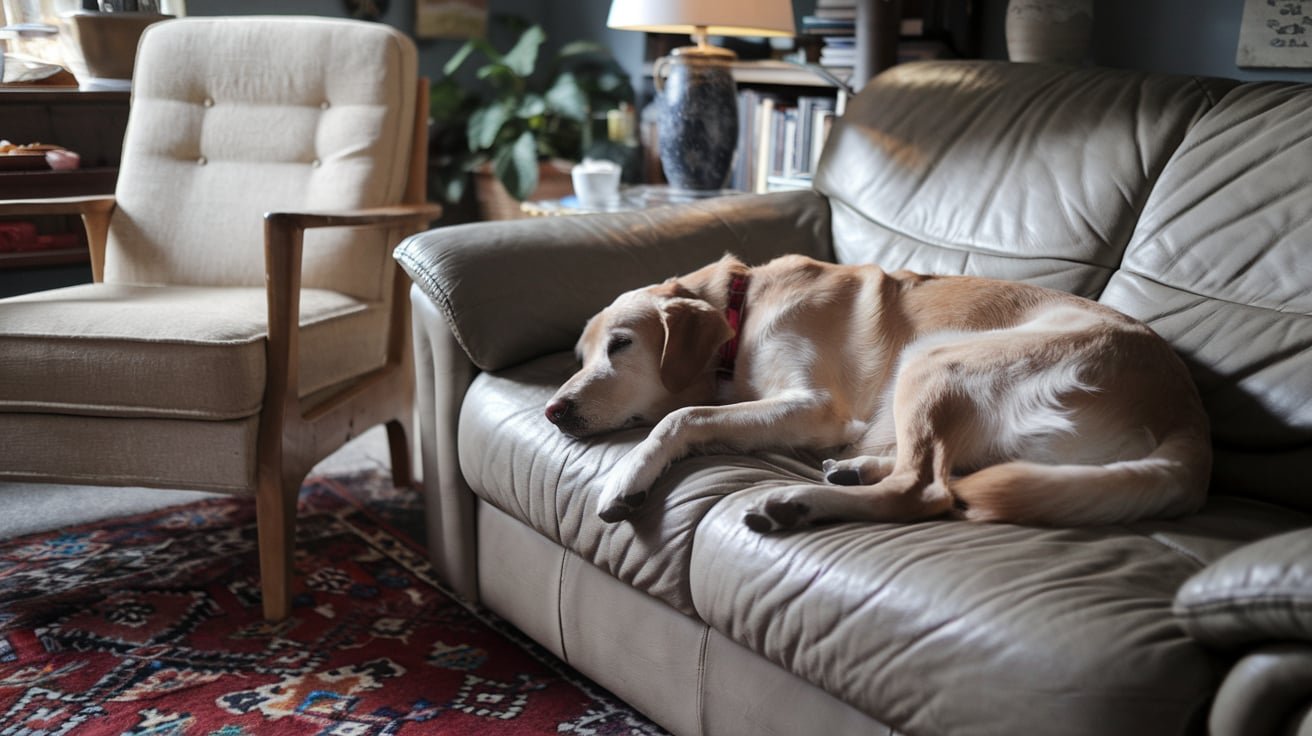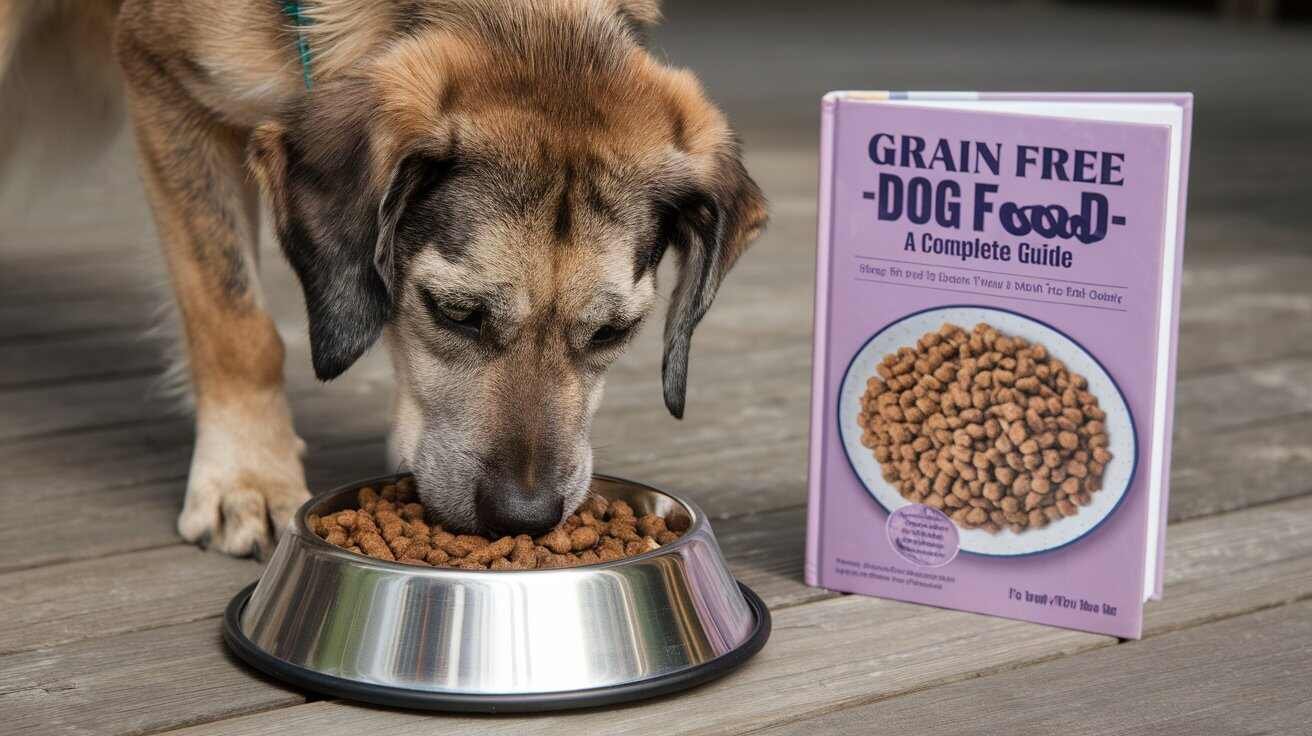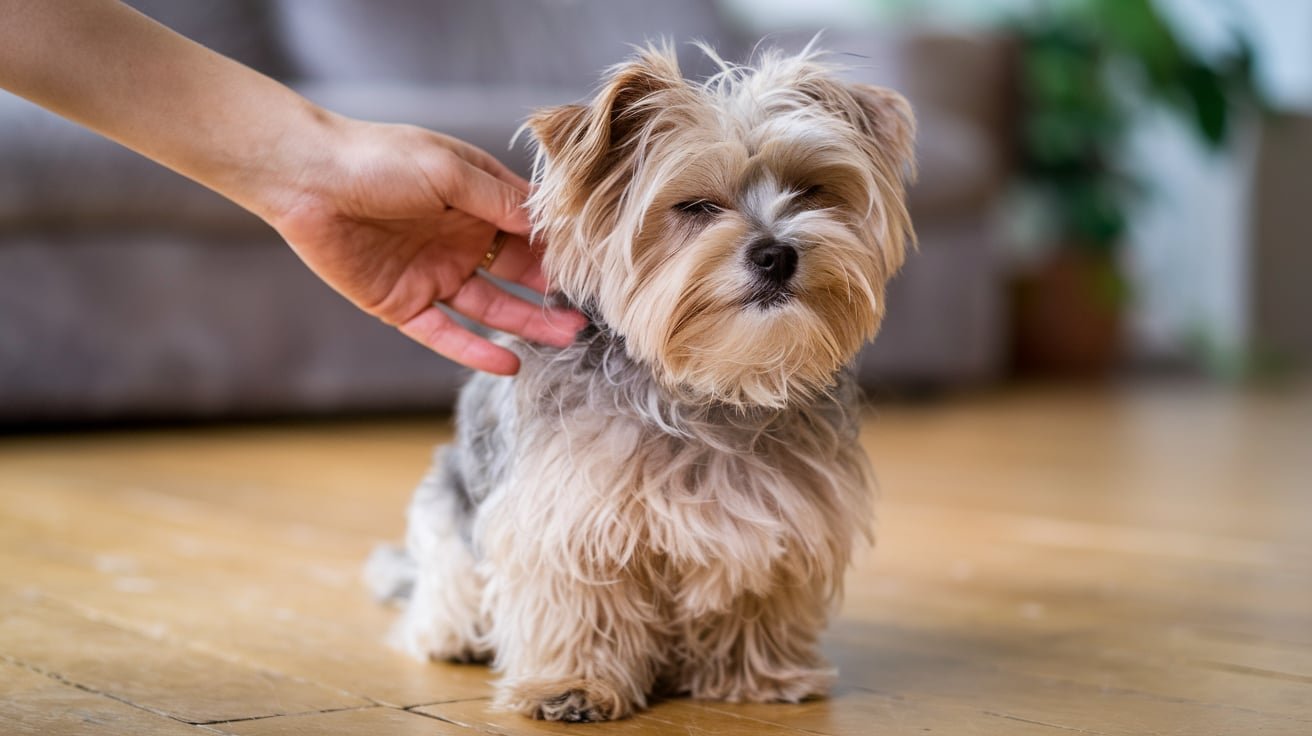Introduction To The Problem: Why Is My Dog Licking His Paws?
As dog owners, we often observe our furry friends engaging in various behaviours, some adorable and some concerning. One common action that can leave us puzzled is why is my dog licking his paws incessantly. This habit can stem from a multitude of reasons—some benign and others that might require attention. In this comprehensive guide, we will delve deep into the possible reasons behind your dog’s paw licking, how to address the issue effectively, and when it might be necessary to consult a veterinarian. By the end, you’ll feel more informed and equipped to ensure your dog’s health and happiness.
Why Is My Dog Licking His Paws? Why this Happen:
Understanding the motivation behind your dog’s behaviour is key to addressing it appropriately. Below are several common reasons for paw licking.
Allergies
Allergies are among the leading causes of excessive paw licking in dogs. Just as humans can suffer from allergies, dogs can react to various environmental factors, such as pollen, dust mites, or certain foods. If you notice your dog licking his paws, especially during specific seasons, it could be due to allergies.
Anecdote: When I first adopted Bella, a rescue Beagle, she constantly licked her paws. After a few visits to the vet, we discovered she had a sensitivity to the grass in our local park. By switching her to a hypoallergenic diet and avoiding that area during peak pollen season, her licking behaviour reduced significantly.
Injuries or Irritations
Another possibility is that your dog may have an injury or some form of irritation. This could be anything from a small cut to a thorn or even an insect bite. When dogs experience pain or discomfort in their paws, they may instinctively lick the area to soothe it.
Step-by-Step Guide:
- Examine Your Dog’s Paws: Carefully check for any cuts, redness, or swelling. Look between the toes and along the pads.
- Clean the Area: If you notice dirt or debris, clean the area with warm water and a mild antiseptic solution recommended by your vet.
- Monitor for Changes: If the licking continues or worsens, consult your vet.
Boredom or Anxiety
Dogs require physical and mental stimulation. If a dog doesn’t get enough exercise or social interaction, he might resort to licking his paws out of boredom or anxiety. This behaviour can become a compulsive habit, making it essential to identify the underlying cause.
Anecdote: My friend’s Golden Retriever, Max, would lick his paws every time his owners left the house. After implementing a consistent exercise routine and introducing interactive toys, Max’s licking behaviour improved as he became more engaged and relaxed.
Skin Conditions
Dermatitis and other skin conditions can lead to excessive licking. These conditions may be caused by allergies, infections, or irritants in your dog’s environment. If the licking is accompanied by hair loss or a foul smell, it’s a good idea to seek veterinary advice.
Parasites
Fleas, ticks, and mites can cause extreme itchiness, leading to excessive licking. If your dog has been scratching a lot or showing signs of discomfort, it’s worth checking for parasites.
How to Address the Issue
If your dog is frequently licking his paws, here’s what you can do:
- Track the Behaviour
- Take notes on when and where your dog licks his paws. Does it happen after walks? Is it more common during certain times of the day? Keeping a journal can help you identify patterns.
- Clean the Paws Regularly
- After walks, wash your dog’s paws with warm water to remove dirt, pollen, and irritants. This simple practice can help reduce allergies and irritations.
- Provide Proper Nutrition
- A balanced diet is crucial for your dog’s health. Consider switching to a hypoallergenic dog food if you suspect food allergies. Consult your vet to find the best option for your pet.
- Engage in Regular Exercise
- Ensure your dog gets plenty of exercise through walks, playtime, and mental stimulation. Activities like fetch or agility training can keep your dog engaged and reduce boredom.
- Create a Comfortable Environment
- If your dog is anxious, consider creating a calm space in your home where he can relax. Soft bedding, toys, and calming music can help ease anxiety.
- Consult a Veterinarian
- If the licking persists or worsens, it’s crucial to consult your vet. They can perform tests to identify any underlying conditions, allergies, or infections that may require treatment.
When to Seek Veterinary Help
It’s essential to be vigilant about your dog’s behaviour. If you notice any of the following signs, it’s time to seek professional advice:
- Persistent licking despite home remedies
- Redness, swelling, or discharge from the paws
- Hair loss or bald patches
- Changes in appetite or energy levels
Your vet may recommend treatments such as anti-inflammatory medications, allergy testing, or medicated shampoos to address specific conditions.
Conclusion
Understanding why your dog is licking his paws is crucial for addressing any potential health issues. Whether it’s due to allergies, injuries, boredom, or skin conditions, being proactive can help keep your dog comfortable and healthy. Remember to monitor their behaviour, maintain a clean environment, and consult a veterinarian when necessary. By taking these steps, you’ll not only improve your dog’s quality of life but also strengthen the bond you share with your furry friend.



